Description
Introduction
A pig transmitter is a crucial tool for intelligent pipeline cleaning. Discover its components, functioning, usage, battery replacement methods, and the benefits of using an electronic positioning receiver for accurate pig tracking and pipeline maintenance. Explore three types of pig transmitters and their installation sizes, power sources, and work hours to determine the most suitable option for your pipeline needs.
The pig transmitter is a key component in ensuring efficient and intelligent pipeline cleaning. This comprehensive guide delves into the various aspects of pig transmitters, including their components, functioning, usage, battery replacement methods, and the benefits of using an electronic positioning receiver for accurate pig tracking and pipeline maintenance. Additionally, we will explore three types of pig transmitters, namely the LCQZ-ZFS Intelligent Digital Transmitter, LCQZ-DFS High-power Transmitter, and LCQZ-ZFS Versatile Transmitter, focusing on their installation sizes, power sources, and work hours to help you choose the most suitable option for your pipeline requirements.
Components and Functioning of Pig Transmitter
The pig transmitter consists of an electronic transmitter installed on the pig and an electronic receiver on the ground. The transmitter emits electromagnetic signals constantly and regularly, which travel through the pipe wall and overburden. The receiver, located on the ground, receives the emitted signals, processes them, and sends a response. The transmission of signals between the transmitter and receiver is of utmost significance, enabling effective communication during the pigging operation.
Usage of Pig Transmitter
Considerations such as working pressure and running speed are vital when using a pig transmitter. Power source selection should be based on pipe diameter, length, and elevation difference. Additionally, a displacement control device can be used to regulate the pig’s operating speed. The operation steps for using a pig transmitter involve opening and attaching the transmitter to the pig, testing the receiver for signal reception, checking and replacing the sealing ring if necessary, placing the pig into the pipeline for cleaning, and performing post-pigging steps such as opening the back cover, unplugging the plug switch, and disconnecting the power supply.
Types of Pig Transmitters
The pig transmitter is powered by various types of batteries, depending on the specific model. There are three types of pig transmitters:
- LCQZ-ZFS Intelligent Digital Transmitter
– Introduction: Using a special integrated circuit and single chip with more stab
le frequency and more availability (above DN150)
– Installation Size: 1.2v*10 chargeable battery pack/3.6v*4 high-energy battery
– Work Hours: 100~200 hours
– Type: L210, L260, L310
– Remark: The number after “L” represents the transmitter’s effective LCQZ-FS Intelligent Digital Transmitter delivered power
- LCQZ-DFS High-power Transmitter
– Installation Size: 3.6v*4 high-energy battery
– Work Hours: 100~300 hours
– Type: L210, L260, L310
– Remark: The number after “L” represents the transmitter’s effective LCQZ-FS Intelligent Digital Transmitter delivered power
– Introduction: Using a high-power battery pack, the transmitting power is bigger and longer service hours.
- LCQZ-ZFS Versatile Transmitter
– Installation Size: 1.2v *10 chargeable battery pack
– Work Hours: 50 hours
– Type: L210, L260
– Remark: The number after “L” represents the transmitter’s effective LCQZ-FS Intelligent Digital Transmitter delivered power
– Introduction: Applying a chargeable battery pack, rechargeable (above DN300)
It is essential to check the battery before each pigging operation to ensure an uninterrupted power supply. When replacing the battery, follow the specific steps mentioned earlier, considering the battery type of the chosen pig transmitter model.
Electronic Positioning Receiver
An electronic positioning receiver is an indispensable tool for accurate pig tracking and pipeline maintenance. It consists of a headset and a probe and is a battery-powered portable instrument designed for field application. The receiver’s primary function is to locate the specific position of the electronic pig, monitor its movement and position within the pipeline, and measure the buried depth of the pipeline.
Receiving Signal Experiment
To ensure optimal performance, it is crucial to test the receiver’s signal reception. This can be done by powering the receiver, adjusting the gain, and maintaining a suitable distance between the pig and the receiver probe. Observing the receiver meter for signal indication provides valuable insights into the effectiveness of signal transmission.
Conclusion
Pig transmitter plays a vital role in intelligent pipeline cleaning. Its components, functioning, usage, and battery replacement methods are essential aspects to consider for efficient maintenance. By utilizing an electronic positioning receiver, accurate pig tracking and pipeline maintenance become achievable, leading to enhanced operational efficiency and cost-effectiveness. Implementing these technologies and techniques ensures the smooth functioning and longevity of pipelines, minimizing downtime and maximizing productivity in various industries.

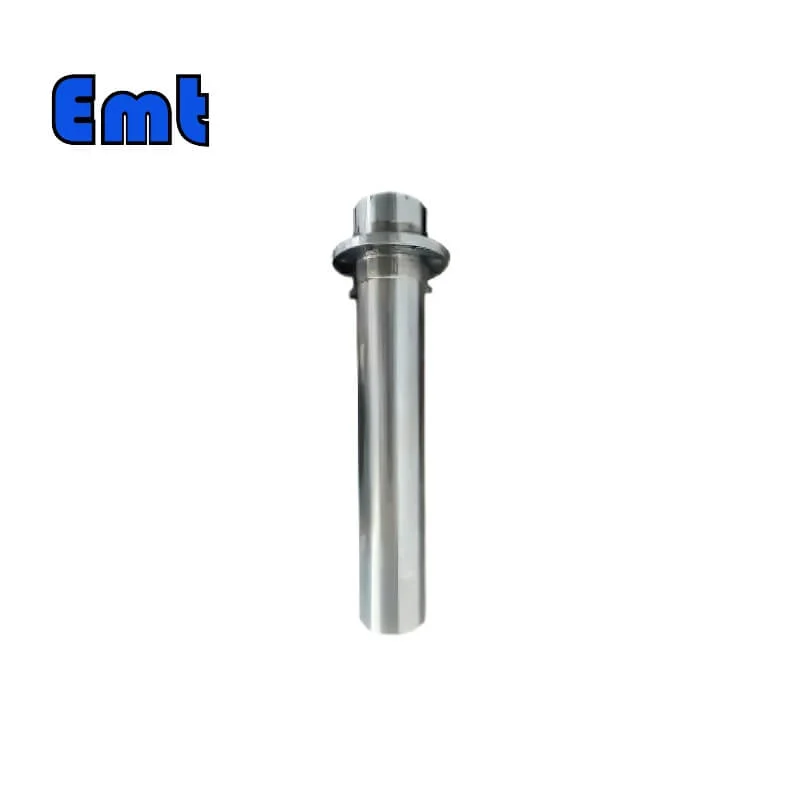
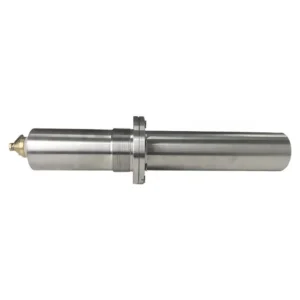
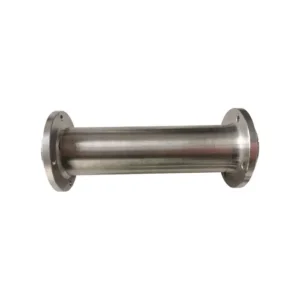
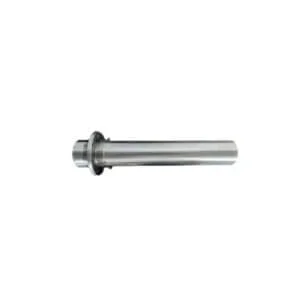
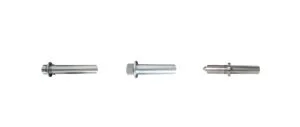
Reviews
There are no reviews yet.